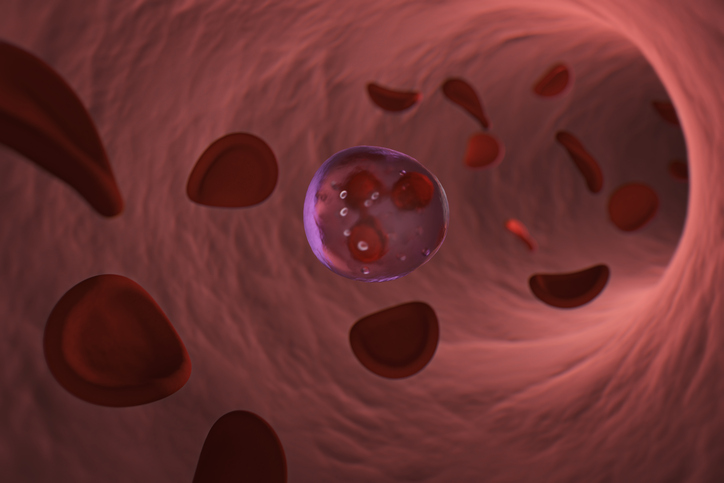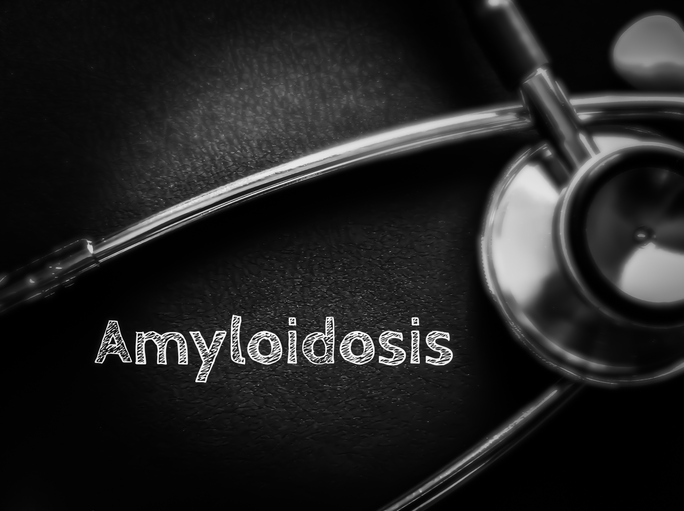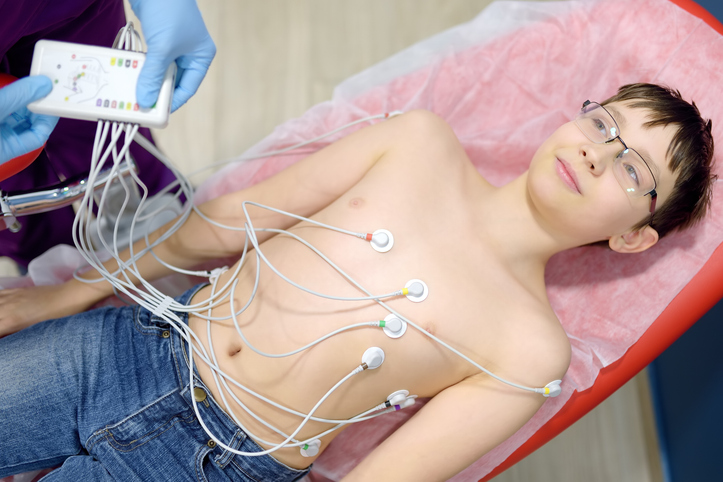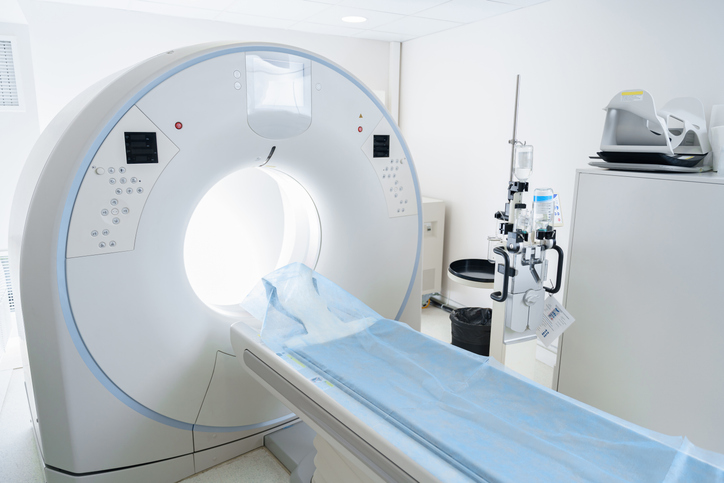
Athletes recovering from COVID-19 had a low prevalence of myocarditis, new research suggests.
Researchers for the case series study, publishing in JAMA Cardiology, evaluated 145 student athletes with COVID-19 (mile to moderate symptoms during acute infection), as well as cardiac magnetic resonance imaging (MRI) findings two weeks after positive COVID-19 testing. The researchers also looked at serum markers of myocardial injury and inflammation (troponin-I, B-type natriuretic peptide, C-reactive protein, and erythrocyte sedimentation rate), as well as echocardiograms, transthoracic echocardiography and other relevant clinical data. Two radiologists reviewed the MRI findings. The primary study outcome of interest was the prevalence and severity of MRI findings indicating myocarditis.
According to the study results, most patient shad mild (49%) or moderate (27.6%) symptoms (16.6% were asymptomatic). No patients required hospitalization. The cardiac MRI results performed at a median of 15 days showed two patients who had findings consistent with myocarditis (1.4%; 95% CI, 0.4% to 4.9%).
“Based on a low prevalence of COVID-19–associated findings consistent with myocarditis in 145 competitive student athletes with mild to moderate or no COVID-19 symptoms and normal serum study results, the utility of cardiac MRI as a screening tool for myocarditis was low and concordant with normal laboratory serum assays,” the authors wrote of the findings.
They cited the retrospective design and a lack of extrapolation to the general population as study weaknesses.
“Based on these results and because of the poor diagnostic yield of acute myocardial inflammation, coupled with the consideration of costs, level of expertise required for interpretation of advanced CMR imaging parametric mapping techniques, and stresses placed on health care resources, the utility of universal CMR screening prior to return to play after COVID-19 infection appears low,” Johnathan Kim, MD, MSc, a cardiologist at Emory Clinical Cardiovascular Research Institute at Emory University, said in an accompanying editorial. “However, we are still left with clinical uncertainty associated with the abnormal cardiac magnetic resonance findings observed in these preliminary data, particularly in the context of mild COVID-19 symptom severity. With the exquisite sensitivity afforded by CMR imaging, what is the likelihood of clinically significant pathology when the clinical pretest probability of myocarditis is low?”
A low prevalence of MRI findings consistent with myocarditis (1.4%) was found among student athletes recovering from #COVID19. Based on our results, the utility of MRI to screen for #myocarditis in athletes with normal ancillary tests is questionable https://t.co/y5kMT75VT8
— JAMA Cardiology (@JAMACardio) January 14, 2021
https://twitter.com/cshenoy3/status/1349766085000704001
New data question the utility of cardiac MRI as a screening tool for myocarditis in athletes who have recovered from Covid-19. https://t.co/2u4jvAcOfU
— Raffaele Rasoini (@RasoiniR) January 14, 2021







 © 2025 Mashup Media, LLC, a Formedics Property. All Rights Reserved.
© 2025 Mashup Media, LLC, a Formedics Property. All Rights Reserved.